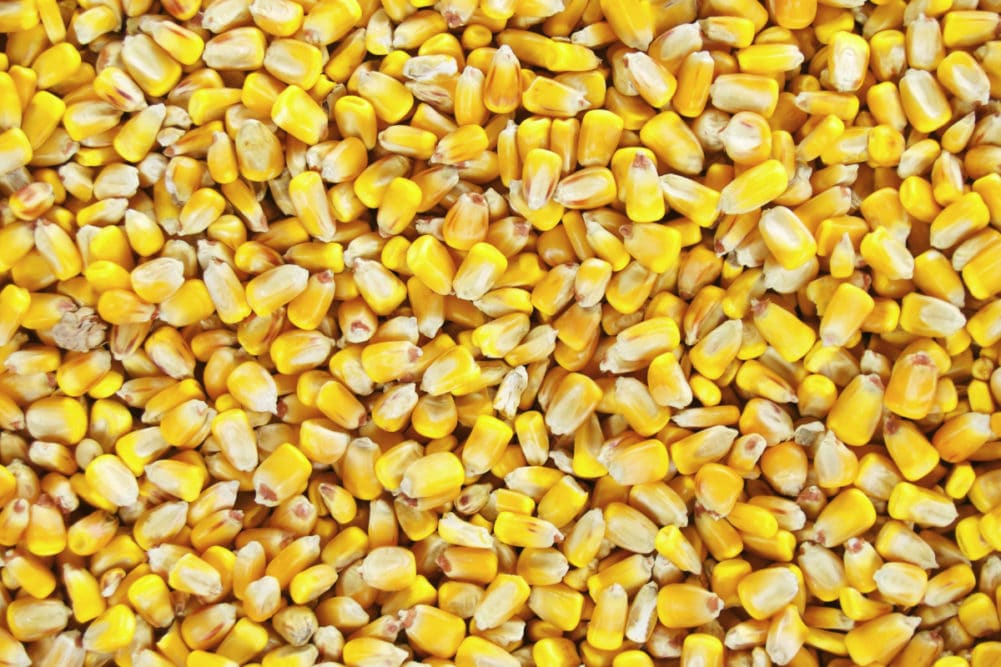
Corn production in China for 2022-23 is trending higher at 277.2 million tonnes, up 1.7%, or 4.6 million, from last year, and feed mills have resumed mixing more corn amid higher wheat and sorghum prices, according to a Global Agricultural Information Network report from the Foreign Agricultural Service (FAS) of the US Department of Agriculture.
Corn production was revised slightly by the USDA based on National Bureau of Statistics data indicating a better harvest in the North China Plain, which offset smaller yields in the northeast.
Feed mills have resumed mixing more corn in feed rations as higher prices for wheat and sorghum reduce demand for corn alternatives. At the same time, Brazilian corn is now available and priced competitively with domestic corn.
China’s 2022-23 grains for feed and residual use is forecast to remain stable at 279.1 million tonnes, down 1.2 million tonnes from 2021-22, while the forecast for overall feed production should increase slightly.
“Feed mills report more corn in rations each month since July 2022,” FAS Post Beijing noted. “Compound feed was estimated an average 35% corn in the first 11 months of 2022, 4% higher than 2021, but still dramatically lower than the more traditional 50% to 55% in 2019 and earlier.”
The FAS noted that wheat production in 2022-23 was adjusted to 137.7 million tonnes, up 0.6%, or 800,000 tonnes, from last year, owing to better yields. Wheat imports are forecast at 9.5 million tonnes, unchanged from the USDA’s January estimate and down only slightly from 9.568 million tonnes in 2021-22. China reportedly has aggressively purchased Australian and French wheat at cheap prices.
Sorghum imports in 2022-23 are forecast at 5.6 million tonnes, down significantly from 2021-22’s 10.99 million tonnes with a smaller US crop and high prices the main culprits.
Rice imports forecast for 2022-23 have been lowered to 5.2 million tonnes, 300,000 tonnes lower than the the FAS September estimate on lower Indian and Pakistan rice output and India’s broken rice export ban that was issued in September.
